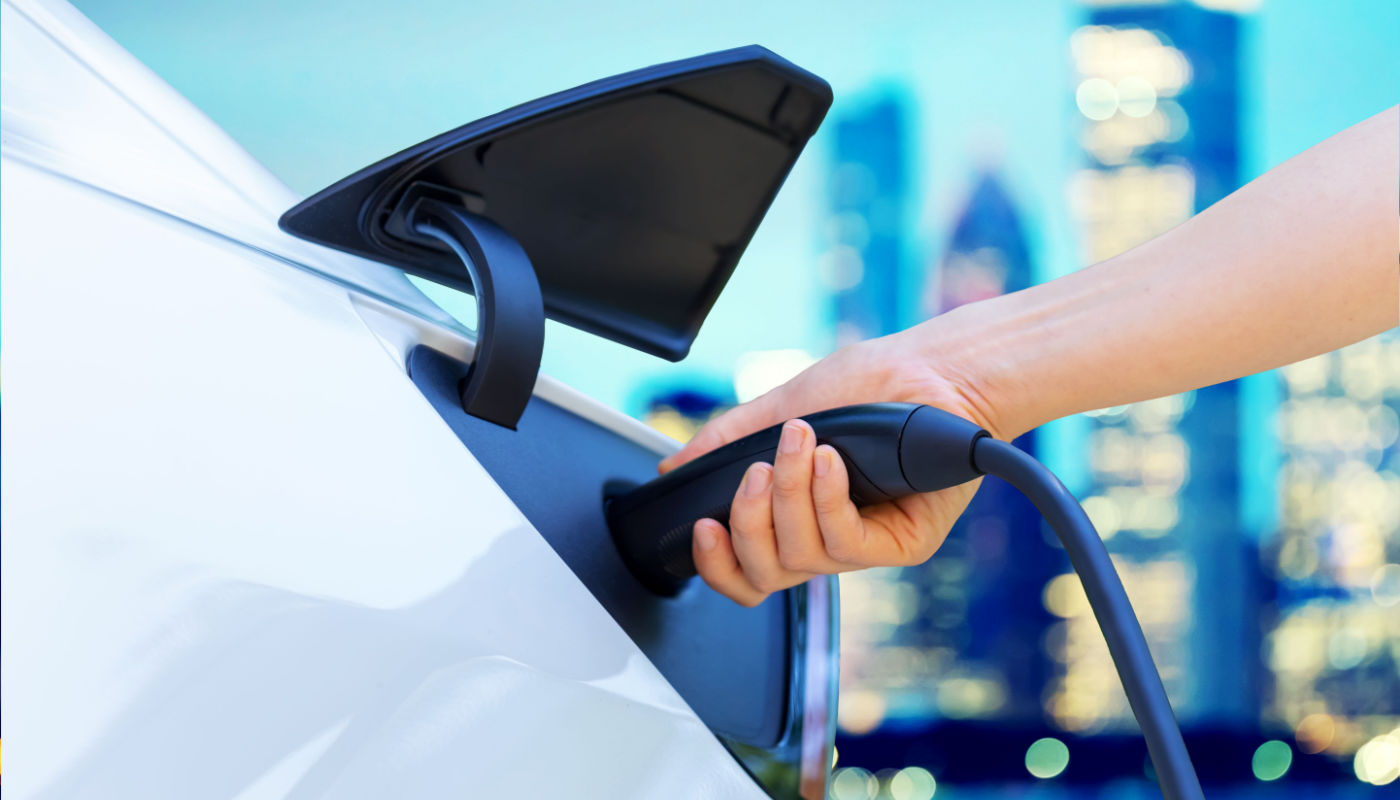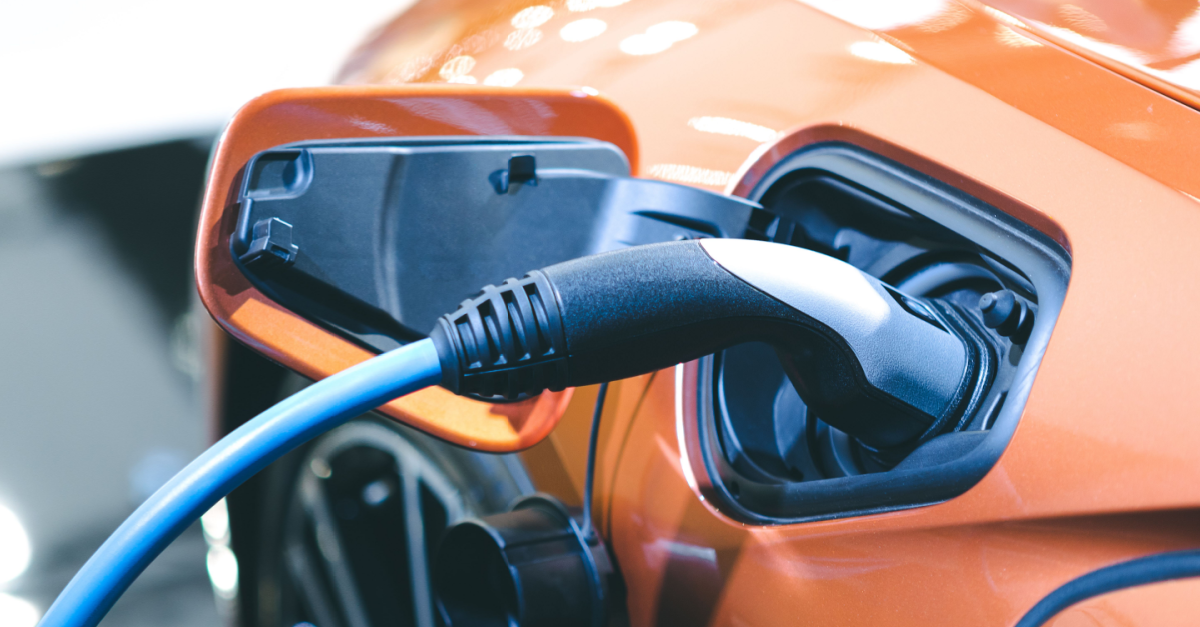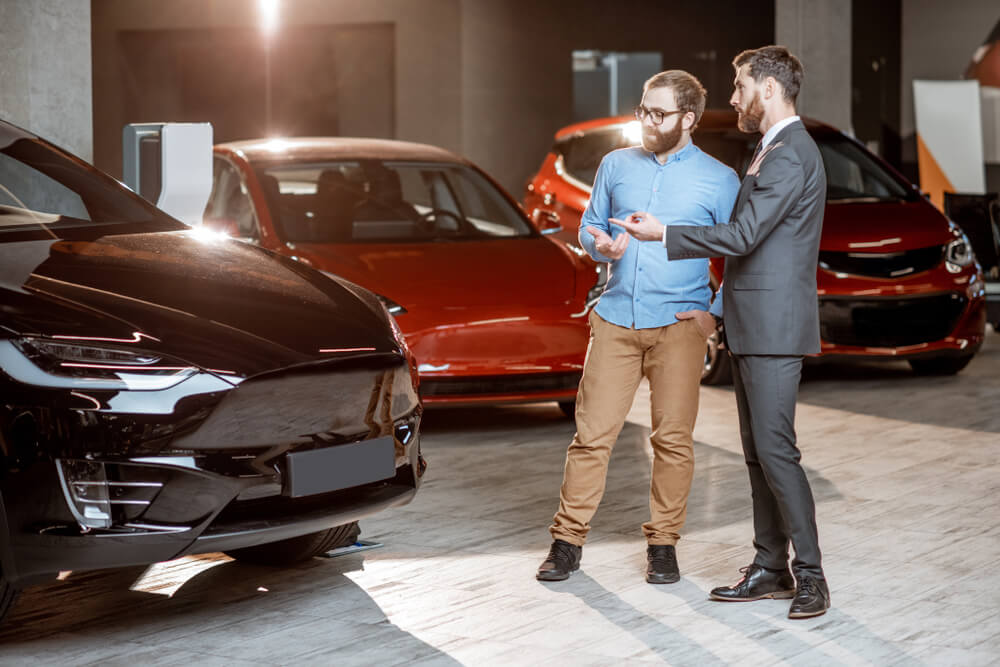Boosting EV Adoption: Strategies for US Consumers and Dealers
Electric vehicles (EVs) are energy efficient, quieter, contribute to a better environment, and require less maintenance than gas-powered vehicles....
.jpg)
After significant changes to federal EV tax credits this year, dealers face both immediate inventory challenges and the need to prepare for a post-incentive market. Year-end model changeovers add another layer of inventory pressure, but forward-thinking dealers will turn these challenges into competitive advantages.
With 70% of all electric vehicles made in China, domestic OEMs must compete in the EV space to survive—and so must their dealers. This competitive pressure ensures continued EV investment and production, regardless of policy fluctuations.
During transition periods like these, dealers have unique opportunities to leverage both shifting buyer urgency and prepare for long-term market changes. MarketAI can help you maximize this window by automatically targeting active EV shoppers and matching them with specific EVs currently on your lot.
Post-September 30: Your New RealityOur real-time market data shows significant regional variation in EV performance will become even more pronounced. Based on our July-September 2025 data, states like California and New York continue showing strong EV performance (+67% and +35% growth respectively), while other markets will require more strategic approaches. Download our latest ebook for more information on regional variations.
Year-End Model Pressure Plus Tax Credit Urgency
The combination of September 30 tax credit expiration and typical Q4 model changeovers create unique inventory challenges for dealers. Year-end model transitions combined with policy changes create complex inventory dynamics. Unlike traditional vehicles where model year changeovers are routine, EV buyers research technology improvements extensively. This makes access to real-time inventory and pricing data more critical than ever, ensuring dealers can execute solid advertising strategies to move through existing inventory efficiently while positioning new model arrivals strategically.
Buyer Behavior: Pre and Post September 30
Through September 30, buyers were motivated by both tax savings and long-term EV benefits. After October 1, remaining EV buyers will represent a different segment—those who care about long-term value, technology innovation, and environmental impact independent of government incentives. These are the customers you want to build relationships with for sustained EV sales success.
As the EV market moves away from federal incentives, dealers need smarter targeting and more precise inventory marketing. MarketAI's automated capabilities help you reach the right EV shoppers with the right vehicles—at the right time.
Automated Inventory Matching
MarketAI automatically identifies active EV shoppers in your market and matches them with specific EVs currently on your lot. The platform tracks buyer behavior across 8+ million VINs daily, identifying customers who are researching the exact EV models you have available.
Real-Time Inventory Advertising
The platform automatically creates product-based ads featuring your actual EV inventory. As EVs sell or new ones arrive, the advertising updates automatically to reflect current availability; you never advertise vehicles you don't have.
VIN-Level Targeting
MarketAI targets customers based on specific EV models available on your lot, ensuring your advertising spend focuses on moving actual inventory rather than generating generic EV interest.
Competitor Performance Data
MarketAI tracks how competitors are performing in your market—which dealers are moving EVs faster and gaining market share. This performance data helps you understand where opportunities exist without needing to guess what others are doing.
Moving forward, your EV marketing strategy needs to shift from incentive-driven to value-driven messaging. The challenge lies in identifying EV enthusiasts efficiently and communicating value propositions that resonate with their decision-making criteria.
Understanding EV Loyalists
Electric vehicles have passionate advocates who are undeterred by concerns over range limitations and charging infrastructure. These customers hold firmly to their beliefs that EVs contribute positively to the environment and are willing to accept trade-offs. No matter how many EVs are on your lot, there will be an EV loyalist willing to buy; the key is finding these customers when they're in the market.
Core EV Benefits that Still Resonate:
Based on our July-September 2025 data, certain markets continue showing exceptional EV growth even without tax credits:
These markets reveal where customers value EVs independent of government incentives. If you're in these regions, aggressive EV marketing remains viable. If you're in slower markets, focus on premium positioning and technology benefits.
Want the complete post-incentive EV marketing strategy? Our Complete Guide to EV Sales Without Tax Credits includes 5 specific strategies for moving EV inventory.
The dealers who thrive in the post-tax credit environment won't be those who relied on government incentives; they'll be those who built genuine value propositions around EV ownership benefits. The upcoming quarter offers the perfect opportunity to develop these capabilities while competitors are still adjusting to policy changes.
Future-Proofing Your EV Strategy
Global competitive pressures ensure that EVs aren't going away. Ford CEO Jim Farley's stark warning that "Ford has no future if it can't compete with China's EVs" reflects the reality facing all domestic manufacturers. This means continued investment in EV technology, infrastructure, and dealer support.
Building Competitive Advantages
The most successful dealers will be those who develop comprehensive, data-driven EV strategies combining market intelligence, targeted messaging, optimized campaigns, and relationship building. Rather than reacting to policy changes, they'll proactively identify opportunities and execute strategies that work regardless of government incentives.
Q4 2025 represents a turning point for automotive dealerships. The dealers who recognize this moment as an opportunity to build lasting competitive advantages—rather than just manage inventory challenges—will dominate EV sales for years to come.
Ready to turn your Q4 EV inventory challenges into competitive advantages? ZeroSum provides the real-time market intelligence and automated campaign optimization you need to identify and convert EV buyers who value benefits beyond tax credits. Schedule a 15-minute demo to see which EV shoppers are active in your market.

Electric vehicles (EVs) are energy efficient, quieter, contribute to a better environment, and require less maintenance than gas-powered vehicles....

Dealers are facing a challenge; the supply of electric vehicles (EVs) is not on par with current consumer demand. Government regulations along with...

According to the most recent ZeroSum data, electric and hybrid vehicle inventory is rapidly increasing, up around 22% from September. For auto...